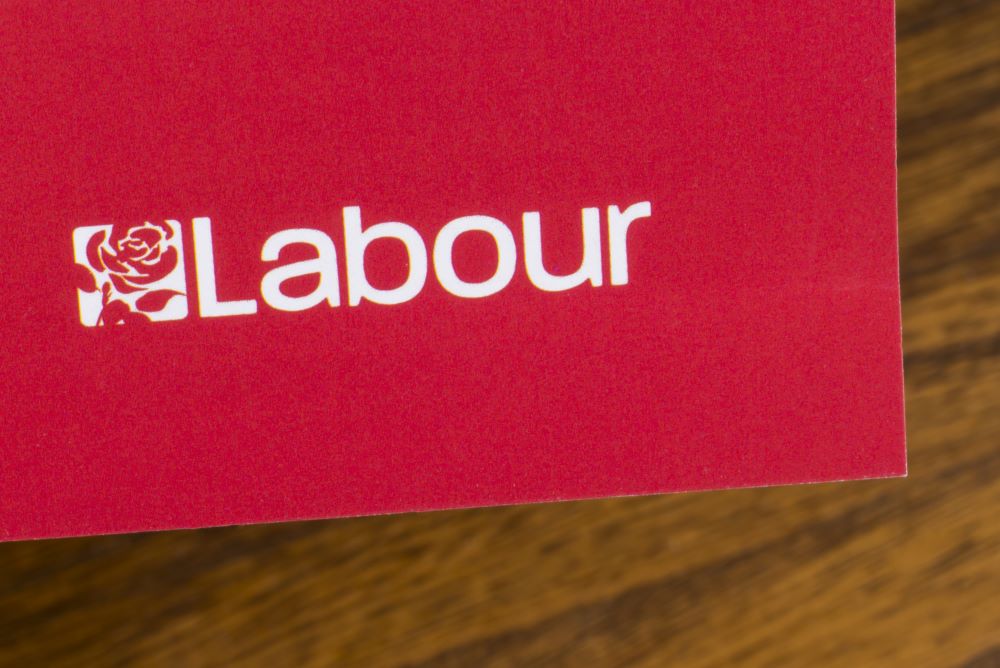
The UK Labour Party yesterday (24 May) set out a detailed vision for the UK economy if it wins the next general election. The plan, titled “A New Business Model for Britain: Building Economic Strength in an Age of Insecurity” was announced by shadow chancellor Rachel Reeves, in a speech in Washington.
The location for the launch was notable, as the Financial Times notes, because the plan draws very heavily on president Biden’s economic model and in particular his huge Inflation Reduction Act (IRA), which Reeves says in her report act as a kind of blueprint for Labour’s much-touted green industrial strategy.
Whether it is “Bidenomics” or a UK-equivalent, the Labour Party likes to call “securonomics”,
Reeves compared her new plan to what she calls “the managed decline of Rishi Sunak and Jeremy Hunt”.
In the report’s foreword, Reeves adds that Labour’s new approach, which has been inspired by speeches on “modern supply side economics” given by US treasury secretary Janet Yellen, would see the state take a more active role in the economy “making and shaping markets that are essential to a nation’s resilience and future prosperity”.
Reeves adds this approach relies on “productivism”, asking both the public and private sectors to boost productive capacity. Put simply, this is described as an economy’s ability to “make, do and sell things”.
As it has noted many times before, Labour policy will be to launch an “industrial strategy that lasts”, calling it “fundamental to [the ] modern supply side approach”. And it here reaffirms its commitment to reviving the Industrial Strategy Council, previously disbanded by the Conservative government.
This new economic policy is intended underpin what Reeves calls the “defining mission of the next Labour government”, which is “to deliver the strongest sustained growth in the G7, with good jobs and productivity rising in every part of our country.”
'A resilient trading economy'
Labour hopes that this new approach will see it achieve five major shifts in the economy, including a return to certainty and stability, seizing opportunities in the industries of tomorrow, ensuring every part of the country contributes to Britain’s success, and making sure working people have the opportunities, security and skills they need to thrive.
The fifth shift it hopes to see relates directly to trade policy, as instead of the UK economy being “buffeted by global shocks and raising barriers to trade”, Labour wants to build a “resilient, trading economy”.
The paper notes that last year the UK’s negative trade balance (the total value of what we import minus the total value of what we export), as a percentage of GDP, was three times higher than a decade previously.
'Better balance'
Grace Thompson, public affairs lead at the Institute of Export and International Trade (IOE&IT), notes that in the report Labour calls for better balance between being open to global trade and ensuring economic resilience at home.
“In the paper, Labour notes that the UK is currently too closed to global trade, which they say is best illustrated by queues of lorries stretched out at ports.They also quote a statistic from a recent study that claims the government’s Brexit deal has reduced trade in goods by 7% of GDP.
“All this is presented in the context of the tight fiscal framework the Party leadership has previously committed to. But it is clear from this paper that Labour are looking to take an international and outward-looking approach to trade policy.”
Renewing relations with the EU?In the new report, Reeves also outlined a commitment to creating “a new approach to trade with the EU” and realising the opportunity of the proximity to the European market.
Fixing Brexit
Labour is therefore committing to fixing the Brexit deal using the 2025 UK-EU Trade and Cooperation Agreement (TCA) review as the opportunity to do so.
As IOE&IT’s Thompson explains
“Using the existing framework within the TCA to review the UK’s trade relationship with the EU is a practical approach and cleverly makes use of a mechanism that would naturally garner reflection in 2025 regardless.”
Thompson adds that the ambition to reduce trading friction on food, agricultural, medical and veterinary goods, and strengthen mutual recognition for professional standards and qualifications also reflects messaging that has been consistently coming out from Labour on trade policy.
“Trade in services is such an essential part of the UK economy and anything that helps us to export our professional services is to be encouraged.”



